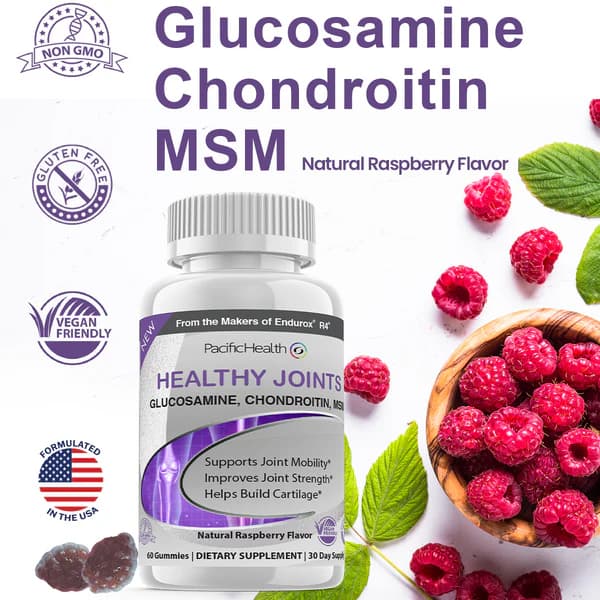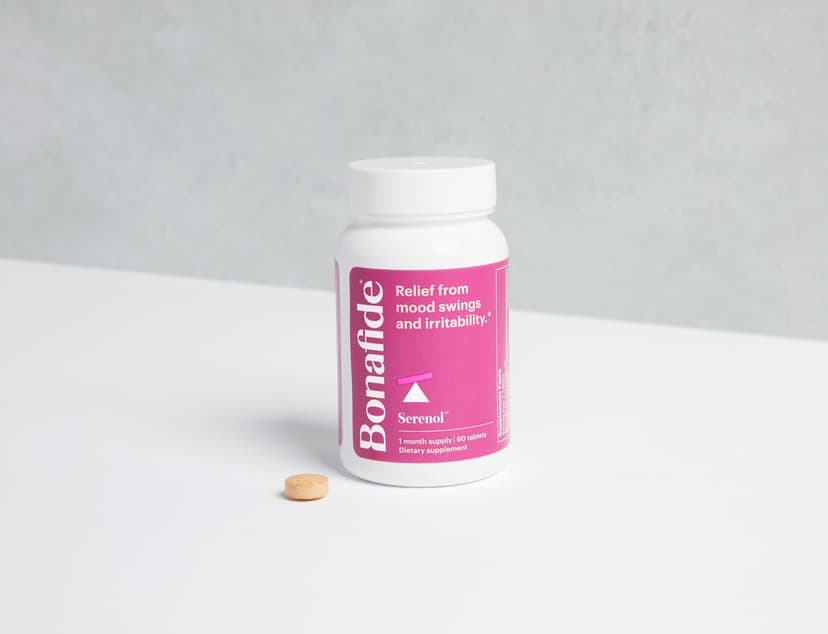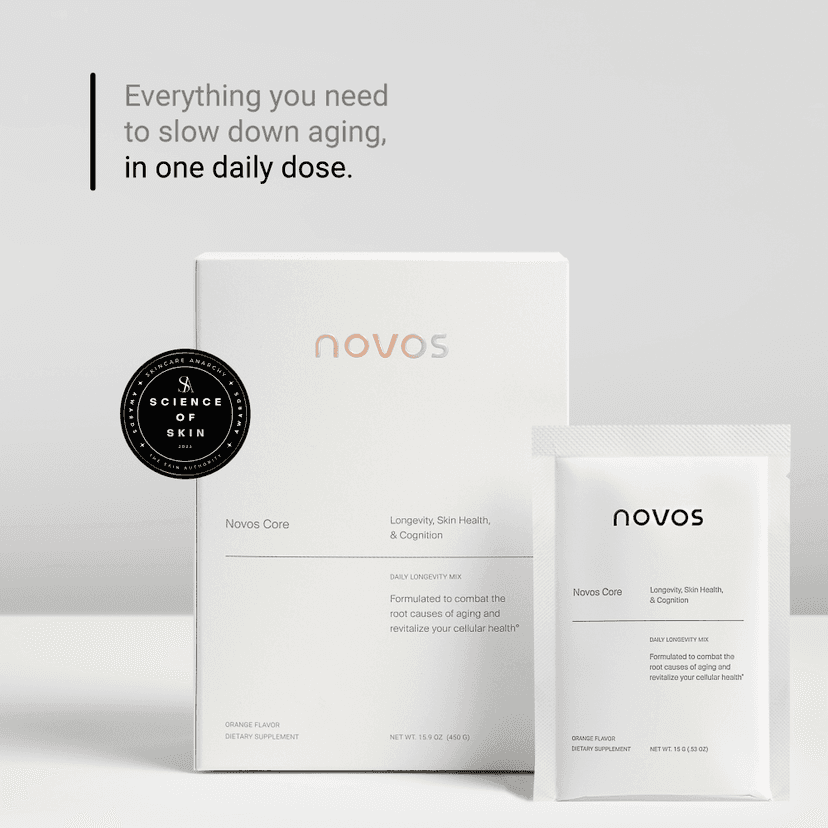Micronutrients, though small in size, play a huge role in keeping our bodies healthy. These essential nutrients, which include vitamins and minerals, are vital for many bodily functions. Without them, we can face serious health issues. In this article, we will explore what micronutrients are, their importance, and how to ensure we get enough in our diets.
Key Takeaways
- Micronutrients are essential vitamins and minerals needed for good health.
- They help with energy production, immune function, and bone health.
- Deficiencies in micronutrients can lead to serious health problems.
- Eating a balanced diet with a variety of foods helps meet micronutrient needs.
- Supplements can help in some cases, but whole foods are the best source.
Understanding Micronutrients
Definition of Micronutrients
Micronutrients are essential nutrients that your body needs in small amounts. They mainly include vitamins and minerals. Unlike macronutrients, which are proteins, fats, and carbohydrates, micronutrients are required in smaller quantities but are crucial for your health.
Types of Micronutrients
Micronutrients can be divided into two main categories:
- Vitamins: These are organic compounds that can be broken down by heat, air, or acid. They are further classified into:
- Water-soluble vitamins (e.g., Vitamin C, B vitamins)
- Fat-soluble vitamins (e.g., Vitamins A, D, E, K)
- Minerals: These are inorganic elements that come from the earth and water. They include:
- Macrominerals (e.g., calcium, magnesium)
- Trace minerals (e.g., iron, zinc)
Role of Micronutrients in the Body
Micronutrients play various roles in maintaining health, including:
- Supporting immune function
- Aiding in energy production
- Helping with blood clotting
- Contributing to bone health
- Assisting in growth and development
A balanced diet rich in micronutrients is vital for overall wellness and disease prevention.
To ensure you get enough micronutrients, it's important to eat a variety of foods. Each food has a different micronutrient profile, so diversity in your diet is key.
The Importance of Vitamins
Vitamins are essential nutrients that our bodies need to function properly. They play a crucial role in maintaining our health and preventing diseases. Without enough vitamins, our bodies can struggle to perform vital tasks.
Water-Soluble Vitamins
Water-soluble vitamins dissolve in water and are not stored in the body. They need to be consumed regularly. Some key water-soluble vitamins include:
- Vitamin B1 (Thiamine): Helps convert food into energy.
- Vitamin B2 (Riboflavin): Important for energy production and cell function.
- Vitamin C: Acts as an antioxidant and supports the immune system.
Fat-Soluble Vitamins
Fat-soluble vitamins are stored in the body's fatty tissues. They include:
- Vitamin A: Essential for good vision and skin health.
- Vitamin D: Important for bone health and immune function.
- Vitamin E: Protects cells from damage.
Health Benefits of Vitamins
Vitamins provide numerous health benefits, such as:
- Supporting the immune system.
- Promoting healthy skin and vision.
- Aiding in energy production.
Vitamins are not just supplements; they are vital for our overall well-being. A balanced diet rich in fruits, vegetables, and whole grains can help ensure we get enough vitamins.
The Role of Minerals in Wellness
Macrominerals and Their Functions
Macrominerals are essential nutrients that your body needs in larger amounts. They play vital roles in various bodily functions. Here are some key macrominerals and their functions:
- Calcium: Important for strong bones and teeth, and helps muscles function.
- Magnesium: Involved in over 300 biochemical reactions, including regulating blood pressure.
- Potassium: Helps maintain fluid balance and is crucial for nerve and muscle function.
| Nutrient | Sources | Recommended Daily Allowance (RDA) |
|---|---|---|
| Calcium | Milk, leafy greens | 1000-1200 mg |
| Magnesium | Nuts, whole grains | 310-420 mg |
| Potassium | Bananas, potatoes | 2600-3400 mg |
Trace Minerals and Their Importance
Trace minerals are needed in smaller amounts but are still crucial for health. Here are some important trace minerals:
- Iron: Essential for oxygen transport in the blood.
- Zinc: Supports immune function and wound healing.
- Iodine: Necessary for thyroid hormone production.
| Nutrient | Sources | Recommended Daily Allowance (RDA) |
|---|---|---|
| Iron | Red meat, beans | 8-18 mg |
| Zinc | Meat, shellfish | 8-11 mg |
| Iodine | Seaweed, dairy products | 150 mcg |
Sources of Essential Minerals
To ensure you get enough minerals, include a variety of foods in your diet:
- Dairy products for calcium.
- Nuts and seeds for magnesium.
- Fruits and vegetables for potassium and other trace minerals.
Remember: A balanced diet rich in fruits, vegetables, whole grains, and lean proteins is key to getting the minerals your body needs for optimal health.
Common Micronutrient Deficiencies
Signs and Symptoms of Deficiencies
Micronutrient deficiencies can lead to various health issues. Here are some common signs:
- Fatigue and weakness
- Dizziness and shortness of breath
- Poor immune function
- Vision problems
Health Impacts of Deficiencies
The lack of essential micronutrients can cause serious health problems, including:
- Anemia: A deficiency in iron, folate, or vitamins B12 and A can lead to anemia, which affects red blood cell production.
- Cognitive issues: Severe iodine deficiency can impair brain function and development.
- Vision loss: Vitamin A deficiency is a leading cause of preventable blindness in children.
Preventing Micronutrient Deficiencies
To avoid these deficiencies, consider the following strategies:
- Eat a balanced diet: Include a variety of fruits, vegetables, whole grains, and proteins.
- Consider supplements: If you are at risk, talk to a healthcare provider about taking supplements.
- Educate yourself: Learn about the nutrients your body needs and how to get them from food.
Micronutrient deficiencies are often preventable through proper nutrition and education. A healthy diet can significantly improve overall health and well-being.
Micronutrient Toxicities
Micronutrient toxicities are not as common as deficiencies, but they can still pose serious health risks. Excessive intake of certain vitamins and minerals can lead to harmful effects on the body.
Causes of Toxicities
- High Supplement Doses: Taking large amounts of supplements is the most common cause of micronutrient toxicities.
- Fat-Soluble Vitamins: Vitamins A, D, E, and K can accumulate in the body since they are stored in fat tissues and the liver.
- Dietary Sources: It is rare to experience toxicity from food alone; most cases arise from supplements.
Symptoms of Excess Micronutrients
- Nausea and vomiting
- Fatigue and weakness
- Headaches
- Dizziness
- Abdominal pain
Managing and Preventing Toxicities
- Consult a Healthcare Provider: Always talk to a doctor before starting any new supplement.
- Stick to Recommended Doses: Avoid taking more than the recommended daily allowance (RDA) for vitamins and minerals.
- Choose Food First: Aim to get your nutrients from a balanced diet rather than relying on supplements.
Micronutrient toxicities can lead to serious health issues, so it’s crucial to be mindful of your intake and consult with a healthcare professional if you have concerns.
Optimizing Micronutrient Intake
Dietary Sources of Micronutrients
To ensure you get enough micronutrients, focus on eating a variety of foods. Here are some key sources:
- Fruits and Vegetables: Aim for a colorful mix, including leafy greens, berries, and citrus fruits.
- Whole Grains: Choose whole grain bread, brown rice, and oats for added nutrients.
- Proteins: Include lean meats, fish, eggs, beans, and nuts in your meals.
The Role of Supplements
Sometimes, it can be hard to get all the nutrients you need from food alone. In such cases, supplements can help:
- Multivitamins: These can fill gaps in your diet.
- Specific Nutrients: Consider calcium, iron, or vitamin D if you’re not getting enough from food.
- Omega-3 Fish Oils: These are great for heart health and can be taken as a supplement.
Balancing Micronutrients in Your Diet
To maintain a healthy balance of micronutrients:
- Eat a Variety: Don’t stick to the same foods every day.
- Plan Your Meals: Include different food groups in each meal.
- Monitor Your Intake: Keep track of what you eat to ensure you’re meeting your needs.
A balanced diet is key to getting the right amount of vitamins and minerals. Remember, supplements should not replace healthy foods but can be a helpful addition when needed.
Micronutrients and Disease Prevention
Micronutrients and Immune Function
Micronutrients play a crucial role in supporting our immune system. Getting enough vitamins and minerals can help your body fight off illnesses. Here are some key micronutrients that boost immune health:
- Vitamin C: Helps in the production of white blood cells.
- Vitamin D: Supports the immune response and may reduce the risk of infections.
- Zinc: Essential for immune cell function and signaling.
Role in Chronic Disease Prevention
Research shows that adequate intake of micronutrients can lower the risk of chronic diseases. Some important points include:
- Antioxidants: Vitamins A, C, and E help protect cells from damage.
- Heart Health: Selenium and magnesium are linked to a lower risk of heart disease.
- Bone Health: Calcium and vitamin D are vital for maintaining strong bones.
Research on Micronutrients and Health
Studies indicate that a balanced diet rich in micronutrients can lead to better health outcomes. For example:
- A 24% decrease in heart disease risk was observed with higher selenium levels.
- Adequate iron and copper intake may help slow the progression of Alzheimer’s disease.
Micronutrients are essential for your body to function properly. A balanced diet with a variety of foods is the best way to ensure you get enough of these vital nutrients.
Conclusion
In summary, micronutrients, which include essential vitamins and minerals, play a crucial role in keeping our bodies healthy. Even though we need them in small amounts, their impact is significant. They help with everything from energy production to immune support and bone health. To ensure we get enough of these important nutrients, it's best to eat a balanced diet filled with a variety of foods, like fruits, vegetables, whole grains, and lean proteins. While supplements can help some people meet their needs, they shouldn't replace healthy eating. By focusing on a diverse diet, we can support our overall wellness and reduce the risk of health issues.
Frequently Asked Questions
What are micronutrients?
Micronutrients are vitamins and minerals that your body needs in small amounts to work properly. They help with many important functions, like keeping your immune system strong and helping your body use energy.
Why are vitamins important?
Vitamins are essential for many functions in your body, including energy production, immune health, and blood clotting. Without enough vitamins, your body can't perform these tasks well.
What are minerals and why do we need them?
Minerals are nutrients that help with growth, bone health, and keeping fluids balanced in your body. They are important for many processes, like muscle function and nerve signaling.
How can I tell if I have a micronutrient deficiency?
Signs of a deficiency can include fatigue, weak immune response, and issues with skin or hair. If you think you might be lacking certain nutrients, it's best to talk to a doctor.
Can I get enough micronutrients from food alone?
Yes, you can get all the micronutrients you need by eating a balanced diet that includes fruits, vegetables, whole grains, and lean proteins.
Are there risks to taking too many supplements?
Yes, taking too many supplements can lead to toxicity, especially with fat-soluble vitamins like A, D, E, and K. It's important to consult a healthcare professional before starting any new supplements.



















